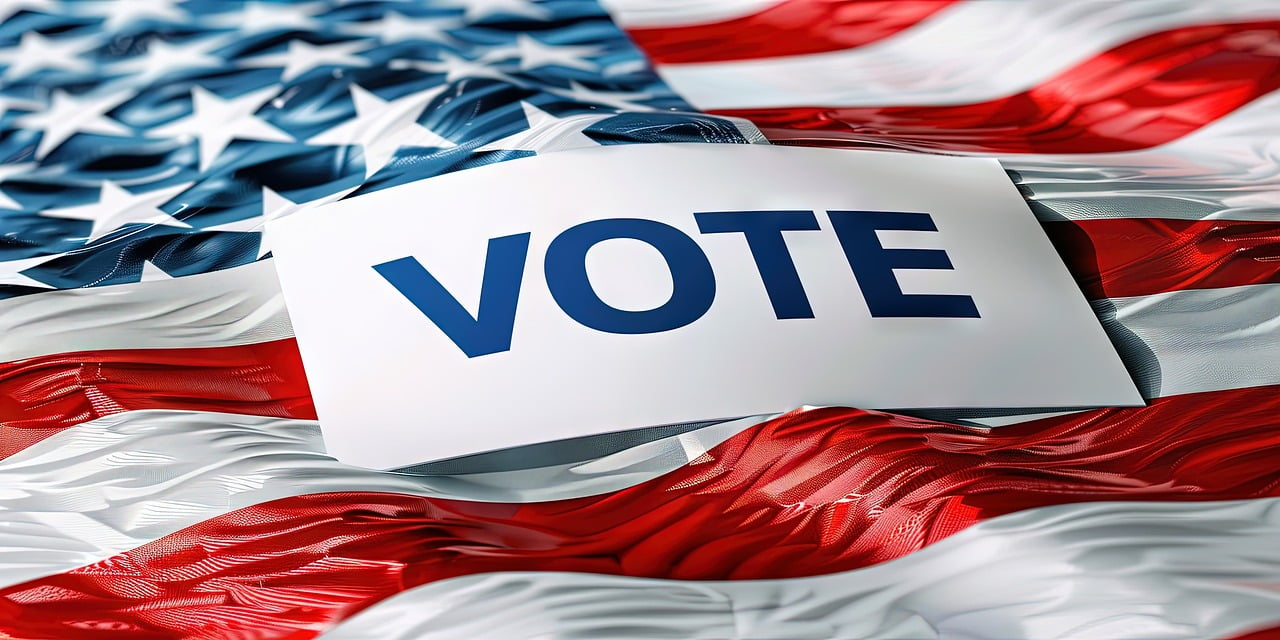Understanding the Role of Social Listening in Shaping Election Strategies
In today’s digital age, social media has become a powerful tool for political campaigns to reach and engage with voters. Social listening, the process of monitoring online conversations and gathering insights from social media platforms, plays a crucial role in shaping campaign strategies. By analyzing trends, sentiments, and feedback shared by the public, political candidates and parties can better understand the concerns and priorities of voters.
Moreover, social listening allows political campaigns to stay ahead of the curve by tracking real-time responses to their messaging and activities. By actively listening to what is being said on social media, candidates can quickly identify emerging issues, respond to potential crises, and adjust their campaign tactics accordingly. This ability to adapt and pivot based on public sentiment can give campaigns a competitive edge in a fast-paced and constantly evolving digital landscape.
The Impact of Social Media on Election Strategies
In modern political landscapes, the role of social media has become increasingly significant in shaping election strategies. Platforms like Twitter, Facebook, and Instagram serve as powerful tools for candidates to reach and engage with voters on a large scale. By leveraging these platforms, political campaigns can disseminate their messages, respond to issues in real-time, and tailor their messaging to specific demographics.
Moreover, social media allows political campaigns to gather valuable insights through data analysis and social listening. By monitoring online conversations, campaigns can gauge public sentiment towards particular policies, candidates, or events. This real-time feedback enables campaigns to adjust their strategies quickly, capitalize on emerging trends, and address concerns raised by voters. Overall, the impact of social media on election strategies cannot be understated, as it has revolutionized the way politicians connect with the electorate.
Social media platforms like Twitter, Facebook, and Instagram play a crucial role in shaping election strategies
Candidates can reach and engage with voters on a large scale through social media
Political campaigns can disseminate messages, respond to issues in real-time, and tailor messaging to specific demographics
Social media allows campaigns to gather valuable insights through data analysis and social listening
Monitoring online conversations helps gauge public sentiment towards policies, candidates, or events
Real-time feedback enables campaigns to adjust strategies quickly and address concerns raised by voters
How Social Listening Can Influence Voter Behavior
Social listening plays a significant role in understanding the sentiments and opinions of voters towards political candidates and parties. By monitoring social media conversations, campaign teams can gauge public perception, identify key issues, and tailor their messaging accordingly. This real-time data allows strategists to adapt their campaign strategies, target specific voter segments, and address concerns that resonate with the electorate.
Furthermore, social listening enables political campaigns to actively engage with voters on digital platforms, fostering a sense of connection and community. Through personalized interactions, candidates can build trust, demonstrate authenticity, and establish a stronger presence in the online sphere. By actively listening to voter feedback and adjusting their communication strategies, political entities can effectively influence voter behavior and ultimately sway election outcomes.
What is social listening?
Social listening is the process of monitoring and analyzing social media channels to understand what people are saying about a particular topic, brand, or event.
How can social listening be used in political campaigns?
Social listening can be used in political campaigns to track public sentiment, identify key issues that are important to voters, and tailor messaging to better resonate with the target audience.
Can social listening influence voter behavior?
Yes, social listening can influence voter behavior by helping political campaigns better understand the concerns and preferences of voters, allowing them to craft more effective messaging and strategies.
How does social media impact election strategies?
Social media has a significant impact on election strategies by providing a platform for candidates to reach a wide audience, engage with voters in real-time, and gather valuable insights through social listening.
Is social listening a reliable tool for predicting election outcomes?
While social listening can provide valuable insights into voter behavior and sentiment, it is not always a reliable tool for predicting election outcomes as there are many factors that can influence the final results.







